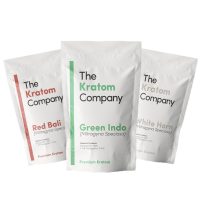Home » Understanding Kratom and the WHO

Understanding Kratom and the WHO
- Anthony Dent, Founding Member
- No Comments
The World Health Organization recently announced plans to evaluate the abuse potential and possible harm some people have suggested kratom may cause to overall human health. WHO’s Expert Committee on Drug Dependence met in Geneva between October 11 and 15, 2021, to preview kratom, a potential first step towards facilitating a kratom WHO ban worldwide.
While the meeting’s intent was to assess whether or not kratom should be added to a list of internationally controlled drugs, there’s a lot of concern about what this evaluation might do. To help you understand what this kratom World Health Organization review means, read on:
What is Kratom?
Kratom is a natural substance that has been used for thousands of years in Southeast Asia, where it originates and grows in the wild in countries like Thailand, Indonesia, and Malaysia. For centuries, people have used kratom leaves to soothe day-to-day discomfort, encourage rest and relaxation, and support wellness. Kratom is reported to have calming, soothing, energizing, euphoric, and stimulating aromatic effects, depending on the strain.
A Global Fight Looms Over Kratom’s Legality
The United States government has twice attempted to classify kratom as a prohibited drug, but public resistance and pushback from Congress prevented those efforts. The FDA hasn’t stopped trying. They have even gone further to push for a kratom WHO ban. The World Health Organization has also taken a stand against the kratom plant, citing its potential for abuse and addiction. Kratom is legal in most states in the US and many other countries.
With this in mind, a global fight looms over kratom’s legality, especially with WHO’s kratom pre-review. In fact, kratom advocates suggest that the federal government is behind WHO’s interest in kratom after failing to ban kratom domestically through federal regulatory processes. WHO’s preliminary kratom review may pave the way for global health authorities to examine the substance more closely, potentially putting it on the road to being classified as a controlled substance.
More Research and Public Comments are the Deciding Factors
While the FDA and HHS have held off urging the WHO to declare a kratom ban or classify it as a Schedule-I substance, their public comment was clear: Their view of the plant is still skeptical. The deciding factor will be the research that has yet to happen. As more information comes out, it is important for all of us who are advocates for this plant to pay attention.

The FDA claims they have no empirical data showing kratom being linked with health problems now, but their stance seems based on an unwillingness to recognize anything outside their own limited scope of awareness. What needs to be done is a large-scale study of kratom users and a clear distinction between those who use it daily or almost daily versus those that just try out the plant once.
While the FDA and HHS have raised significant concerns given kratom’s increasing prevalence, a growing body of research supports kratom’s benefits. This is vital to fighting a kratom WHO ban. Public comments and advocacy by groups like the American Kratom Association remain key in ensuring kratom remains legal and accessible to millions of users worldwide. It’s important to raise awareness about kratom and its benefits and push for more scientific research.
The Future of Kratom
The Kratom Company recommends you read more about kratom and the latest on the kratom World Health Organization review on our blog. We also encourage everyone to take action by submitting a public comment of their own. Help protect your right to make an informed choice. We all need access to safe alternatives when it comes to managing and supporting our personal wellness and overall health.
Want to learn more about the potential kratom WHO ban? Read our blog.
Featured Products
-
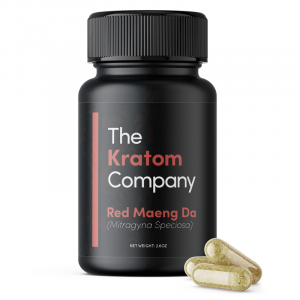 From $24.00Select options This product has multiple variants. The options may be chosen on the product page
From $24.00Select options This product has multiple variants. The options may be chosen on the product page -
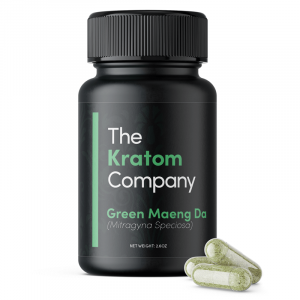 From $24.00Select options This product has multiple variants. The options may be chosen on the product page
From $24.00Select options This product has multiple variants. The options may be chosen on the product page -
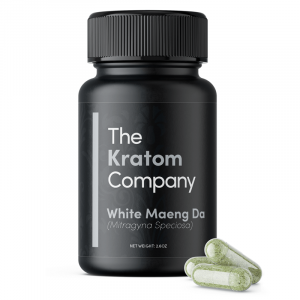 From $24.00Select options This product has multiple variants. The options may be chosen on the product page
From $24.00Select options This product has multiple variants. The options may be chosen on the product page
Explore More Posts
Product Search
Featured Products
-
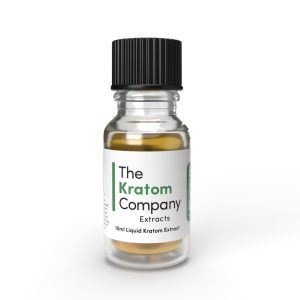 Pure Kratom Liquid Extract
Rated 4.72 out of 5From $20.00
Pure Kratom Liquid Extract
Rated 4.72 out of 5From $20.00 -
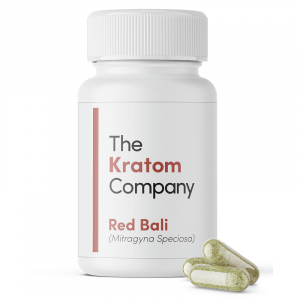 Red Vein Bali Kratom Capsules
Rated 4.70 out of 5From $24.00
Red Vein Bali Kratom Capsules
Rated 4.70 out of 5From $24.00 -
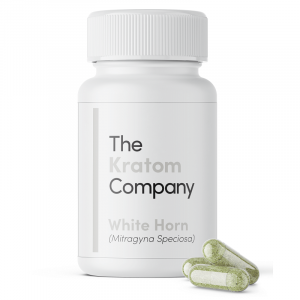 White Horn Kratom Capsules
Rated 4.88 out of 5From $24.00
White Horn Kratom Capsules
Rated 4.88 out of 5From $24.00
Follow Us
Strains
Blogs
NEWSLETTER
Sign up for our newsletter!

These statements and products presented on this website have not been evaluated by the Food and Drug Administration FDA. The products mentioned on this website are not intended to diagnose, prevent, treat or cure any diseases or health conditions. Therefore any information on this website is presented solely as the opinions of their respective authors who do not claim in any way shape or form to be medical professionals providing medical advice. The KRTM Company and its owners or employees cannot be held responsible for, and will not be liable for the inaccuracy or application of any information whatsoever herein provided. By purchasing our products you agree that you are aware and in compliance with your local county, state, or federal regulations. Must be 21 years or older to purchase Kratom. The US FDA has not approved kratom as a dietary supplement. We do not ship to the following states, cities and counties in the US where Kratom is banned: Alabama, Arkansas, Indiana, Rhode Island, Vermont, Wisconsin, Sarasota County, FL, Union County, MS, Denver, CO, San Diego, CA, and Jerseyville, IL.

